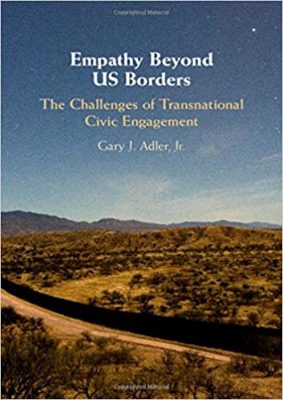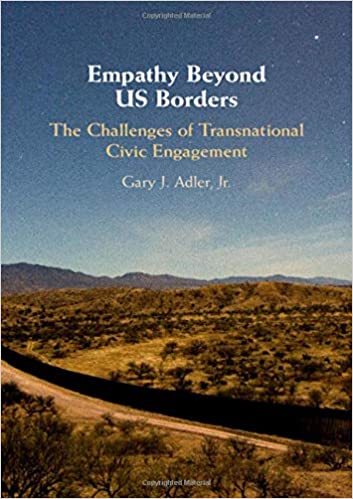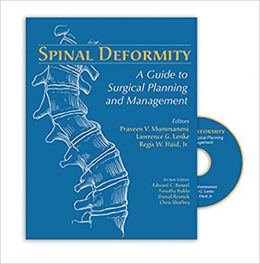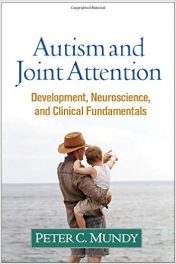 Author: Gary J. Adler, Jr.
Author: Gary J. Adler, Jr.
Publisher: Cambridge University Press
Book Review by: Sonu Chandiram – 299 pages
‘Immersion travel’ has, over decades, and especially in recent years, become quite a popular means for colleges, congregations, seminaries and other organizations (such as BorderLinks for example) to help its members develop global awareness, bridge global distance, and develop empathy towards people in other countries.
These forms of purposeful travel to areas all over the world are variously termed as ‘alternative spring breaks’, ‘alternative tourism’, ‘short-term mission trips’, ‘ solidarity trips’, ‘study-abroad travel’. Essentially, these are means to engage with suffering somewhere, to show that you care about unfortunate people residing in other countries.
For this book, the author Gary J. Adler Jr. uses a mix of study methods to meet Mexicans and walk their desert trails as they try to cross into the United States, and witness their deportations at the US-Mexico border.
He “provides a broad sociological context for the rise of immersion travel as a form of transnational civic engagement.” His close observations:
- Combine with interviews and surveys to evaluate a potential of this civic action
- Develop theory about culture, empathy, progressive religion in transnational civic life
- Describe the moralization of travel
- Relate the organizational challenges of transnational engagement
- Emphasize the difficulty of being transformed, but not knowing how to help
His experiences and feelings are explained in the chapters of this book of nearly 300 pages:
Preface: Are You Ready to Be Transformed?
- From Distance to Concern
- Part I – Organizational Roots and Dilemmas
- At the Border Between Education and Action
- The Problems of Finding Truth Through Travel
- Part II – Activities, Emotions, and Empathy
- What Immersion Travelers feel All Day
- Why It’s Better to Walk than Talk
- Part III – Patterns of Experience and Transformation
- Guided Unsettledness: How Groups Safely Shape Travel
- What Changes and Why?
- The Possibilities and Problems of Immersion Travel
This book essentially lays out the results of a research study the author conducted on the topic of immersion travel. His conclusion is the following:
“In drawing attention to immersion travel, my goal has been to understand the ideals, practices, and realities of a hugely popular transnational civic practice. Immersion travel occurs in many styles with some, like the type observed here, showing real possibilities for generating awareness, concern, and motivation to address distant suffering.
By using a best-case scenario immersion travel producer, I have made the case that immersion travel, like other civic engagement practices, sets a strong context for the enactment of ideals but, given basic cultural practices, inequalities, and sources of variation, will necessarily fall short of meeting those ideals.
This pragmatic criticism is not given from an assumption that perfected civic action is possible. To the contrary, and as the history of transnational civic engagement shows, such action is always indeterminate and imperfect due to the real challenges of distant representation and coordination, not to mention the power of social forces that create and sustain obdurate social suffering.
The species of awareness that immersion travel can produce is a half step toward grander civic hopes of what might come of new commitment.”
Author:
Gary J. Adler, Jr. is Assistant Professor of Sociology at the Pennsylvania State University. His research on culture, organizations, and religion has been published in numerous journals, including Social Problems, Social Science and Medicine, and Journal for the Scientific Study of Religion.
He was Founding Director of Research of the Institute for Advanced Catholic Studies at the University of Southern California. He is the editor of Secularism, Catholicism, and the Future of Public Life (2015) and coeditor of a volume on Catholic parishes entitled: American Parishes: Remaking Local Catholicism (2019).







